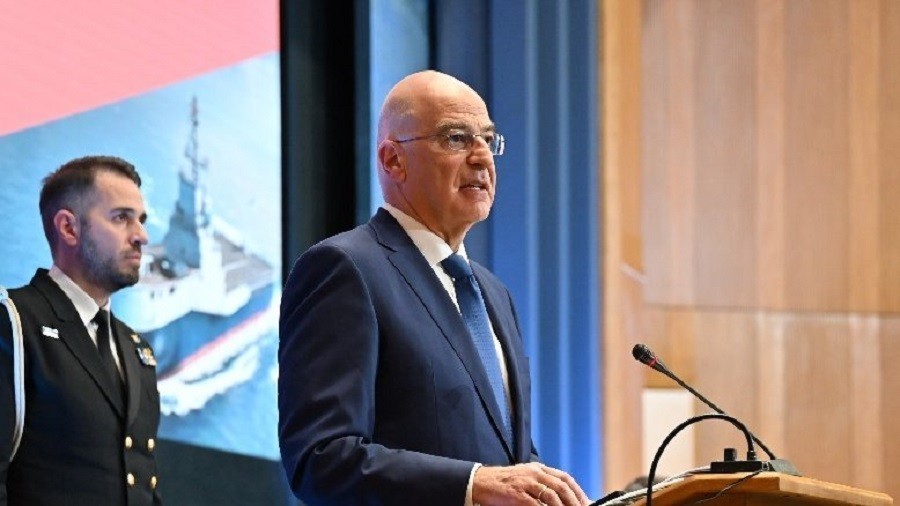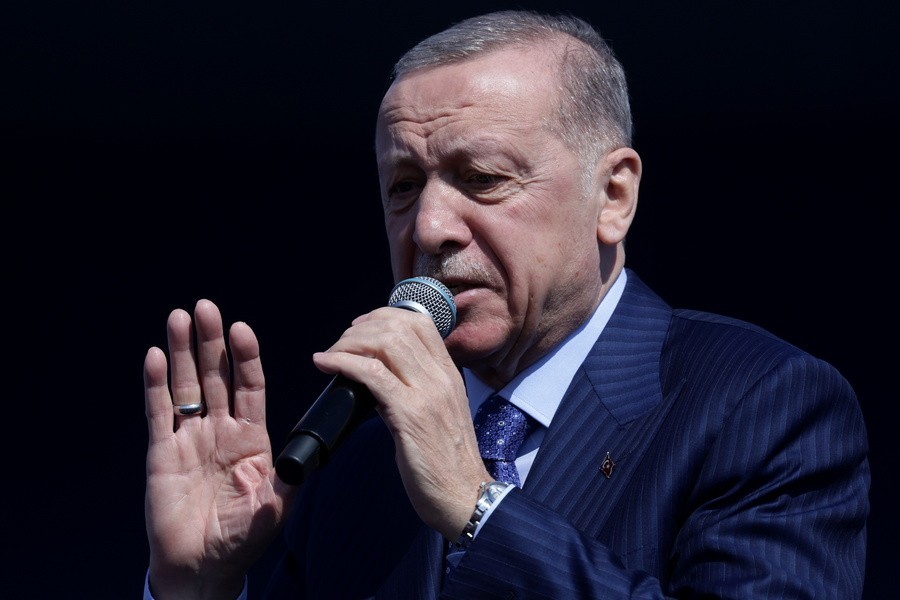
Bomb attacks, and into the background…. postponing the elections?
By Ilias Kouskouvelis*
Erdogan’s plans to transform the Turkish political system into a presidential one, to enhance his powers and become himself a “sultan”, stopped on June 7, 2015. His party, the AKP, recorded one of the lowest electoral performances, 40.7%, nine whole points below the elections of June 12, 2011. Erdogan and his party considered that the main reason for this electoral failure was the rise and entrance of the HDP (pro-Kurdish party) in the Parliament, as it has comfortably exceeded the limit of 10% and obtained 13% of the vote.
Since then, an interim government was formed and new elections were decided for November 1, 2015. However, the upcoming elections, like the previous ones, are to take place in an intensifying climate of instability, uncertainty, strident competition and conflicts at home and abroad (Syria). Domestically, before June 7, and after the bomb attacks against Kurds, the PKK abandoned its two-year truce and launched a new round of attacks; thus violence became an everyday phenomenon.
The terrorist attack of October 10 deteriorates the already existing climate of violence. The attack was directed against the followers of the pro-Kurdish HDP, who were gathering in order to participate in a peace march, organized by trade unions and other professional associations. And it was just one day after it was made public that the Kurdish organizations were going to announce a truce…
The first question is what caused this attack. It is obvious that the cause is related with the upcoming elections, with Erdogan’s ambitions to change the political system, with his increasing authoritarianism (persecution of journalists, of judges, etc.), and with the failure of his policies towards the Kurds and on Syria.
The second question is what will be the consequences of the attack. It is certain that these types of incidents have unpredicted effects during an electoral period, and it is important to observe how each side will try to manage it. If eventually the blame falls on a Kurdish organization, then the loser will be the HDP, and the one to benefit will be Erdogan. Perhaps, for this reason, the umbrella organization of Kurdish groups urged its members to make a truce, in order to avoid political cost. If, on the other hand, the blame falls on any shadowy nationalist organization, the cost to the party of Erdogan, to himself, and to his country, will be important.
However, given the current situation and as the polls show, it will be difficult for the AKP to achieve the desirable for Erdogan absolute majority, changes to the Constitution will not take place, and governmental instability will result. Unless, as some political circles expressed the fear (Today’s Zaman, 31.08.2015), Erdogan and the government, implement one of his warnings: postpone the elections, on the basis of Article 78 of the Constitution, invoking “war “abroad (Syria) or domestically, in the form of terrorist attacks. In the latter case, Erdogan will gain time and will seek another, new and more convenient to his party date. Perhaps, right now, this is the only way out for a politician who is trapped because of his arrogance and ambitions.
However, whatever Erdogan chooses to do now, the vicious circle in which he put himself will not break: uncertainty will rise, police actions and authoritarianism will intensify, and domestic conflict will enter a new higher phase. And all these will be happening, while the war in Syria will continue, while Kurdish actors outside the borders will be getting stronger, and while the Turkish economy will reap the whirlwinds of political instability.
- He is Professor of International Relations and Director of the “Research Laboratory of International Relations” at the University of Macedonia

